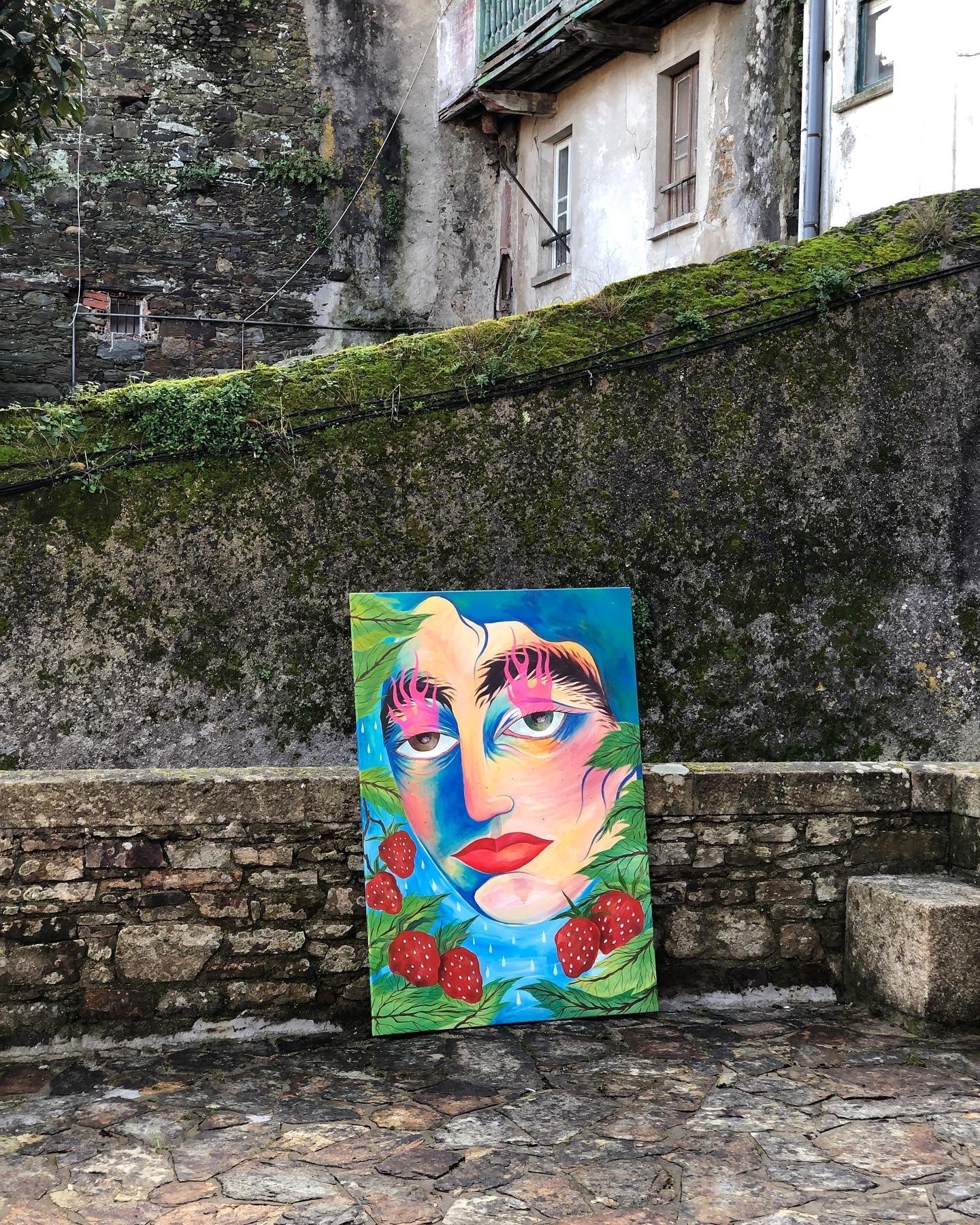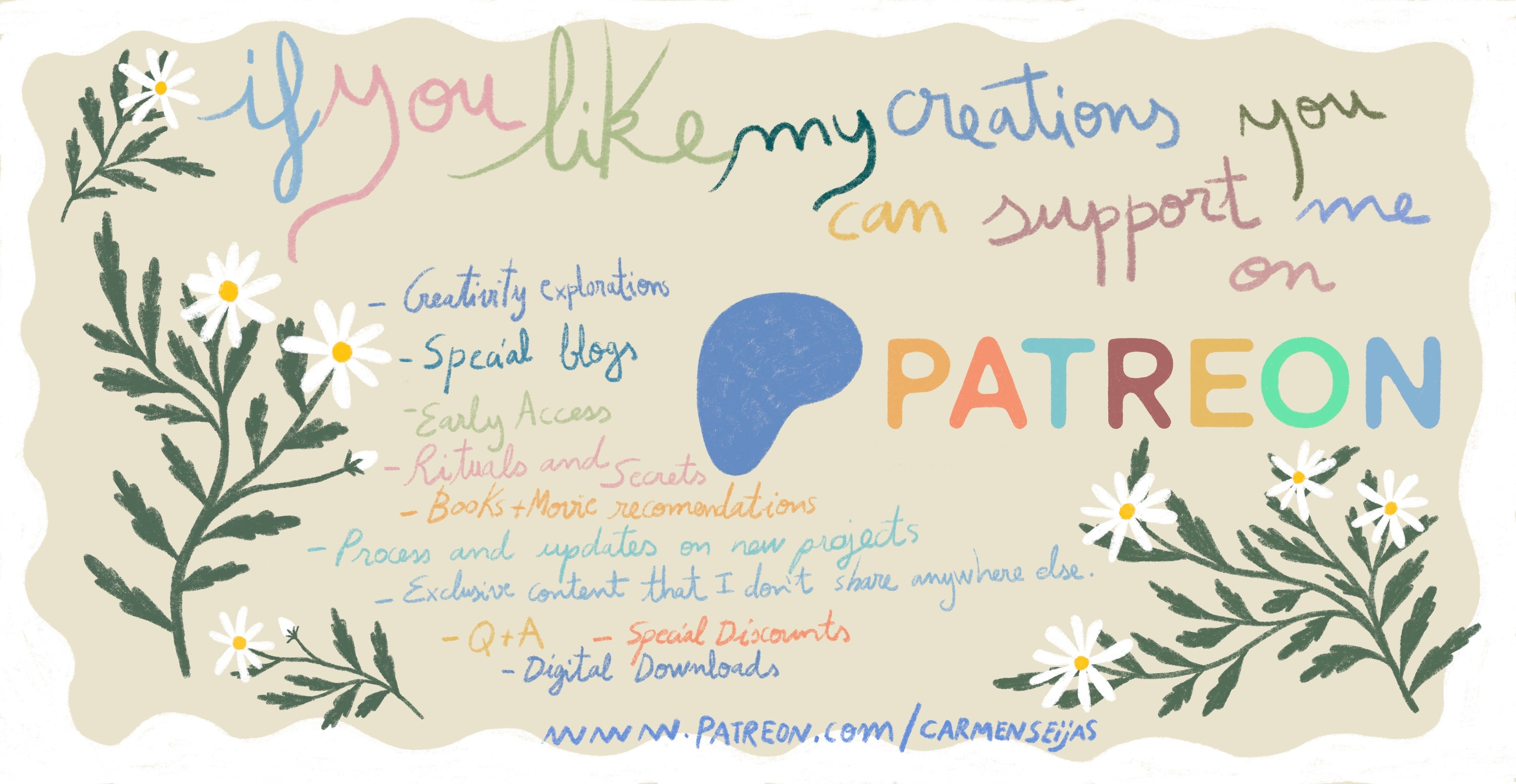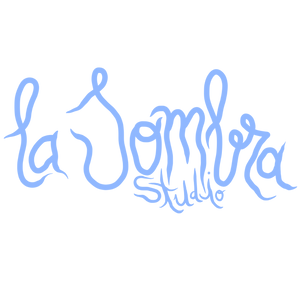
The paradox of productivity against creativity
By Carmen Seijas
“It is worse to stay where one does not belong at all than to wander about lost for a while and looking for the psychic and soulful kinship one requires”
―
I used to be a workaholic, it was something I was very proud of. I defended and justified my addiction daily.
Over time I realized how wrong I was to reduce my self worth to my expectations on my productive capacities, I reached a point where my love for creation and the healing qualities it had for me all my life disappeared and they were replaced by heaviness, apathy and rejection.
Creativity cannot be possessed, nor does it possess us, we are part of each other. This conception of non-possession is not easy to digest, but it is a reality.
Creativity is part of human cognition, it is the ability to solve problems through associations of ideas, in this way we can understand that we experiment with our creativity from the moment we wake up, at the moment we go through our pantry to make the Breakfast.
Really, if we wanted to look for a word that defines a human being, this would be the word creator. Letting go of course the religious and deity visions of the word "creator" and staying with the most basic meaning, the human being is a being with the ability to create.
Unfortunately our education explains it in a very different way and positions us directly as producers, leaving on our shoulders the weight of the expectation that this entails. It should not surprise us that this reality is one of the main causes of creative blocks.
Starting by perceiving ourselves as creators and not as producers is the first step in reconnecting with the creative flow. The word creator activates many ideas in our minds and one of them is time, a time of understanding, kindness for processing that allows us to create. As producers, our unconscious mind sends us inputs linked to productivity, such as speed or prioritizing quantity over quality, and even in the most twisted versions of self-torture it asks us for speed and quality.
For these reasons it is so vital to let go of our vision as producers if we want to reconnect with the natural flow of our creativity. And of course, like many other things, this is easier said than done – productivity is addictive, but awareness is power.
You have to apply faith in order to take steps towards change.

*** Español***
— Clarissa Pinkola Estes
Solía ser una adicta al trabajo, era algo de lo que me sentía muy orgullosa, defendía y justificaba mi adicción día a día.
Con el tiempo me he dado cuenta de lo equivocada que estaba al reducir mi valor propio a mis expectativas sobre mis capacidades productivas, llegué a un punto en que mi amor por la creación y las cualidades sanadoras que había tenido para mi durante toda mi vida desaparecieron y fueron sustituidas por pesadez, cansancio y rechazo.
La creatividad no puede ser poseída, ni nos posee a nosotras, formamos parte la una de la otra. Está concepción de no posesión no es fácil de asumir, pero es una realidad.
La creatividad forma parte de la cognición humana, es la capacidad de resolución de problemas a través de asociaciones de ideas, de este modo podemos entender que experimentamos con nuestra creatividad desde que nos despertamos, en el momento en que rebuscamos en nuestra despensa para hacer el desayuno.
Realmente, si quisiéramos buscar una faceta que definiese al ser humano esta seria la de creador. Dejando ir por supuesto las visiones religiosas y endiosadas de la palabra “creador” y quedándonos con el significado mas básico, el ser humano es un ser con la capacidad de crear.
Desgraciadamente nuestra educación lo explica de una manera muy diferente y nos posiciona directamente como productores, dejando sobre nuestros hombros el peso de la expectativa que esto conlleva. No nos ha de sorprender que esta realidad es una de las primeras causantes de bloqueos creativos.
Comenzar percibiendonos a nosotras mismas como creadoras y no como productoras es el primer paso para reconectar con el flujo creativo. La palabra creador activa en nuestra mente muchas ideas y una de ellas es tiempo, un tiempo de comprensión, amabilidad y procesamiento que nos permita crear. Como productoras, nuestra mente inconsciente nos envía inputs vinculados a la productividad, como velocidad o priorizar cantidad mas que calidad, e incluso en las versiones mas retorcidas de auto-tortura nos pide velocidad y calidad.
Por estas razones es tan vital dejar ir nuestra visión de productores si queremos reconectar con el flujo natural de nuestra creatividad. Y por supuesto, como muchas otras cosas, esto es más fácil decirlo que hacerlo, la productividad es adictiva, pero consciencia es poder.
Hay que aplicar fe para poder dar los pasos hacia un cambio.



Fantástico!! realmente muy necesario tenerlo presente y practicarlo. Yo estoy necesitando también disfrutar del proceso de creación sin prisas!!
Sonia on